Symposium 24
The University of Kent hosted the South East Cultural Innovation Forum’s Symposium 24 on Wednesday 10th July 2024.
This looked to develop answers to the following two questions:
- How can the South East Cultural Innovation Forum collaborate with others to enhance the diversity of leadership and governance across, and beyond, the region’s creative sector?
- How can the South East Cultural Innovation Forum work to build social justice and cultural equity in a practical and meaningful way?
“Amazing, inspiring, impressive” Delegate feedback
We were delighted that Mykaell Riley from the University of Westminster delivered a keynote speech to lay foundations for discussions, workshops, music, screenings and events across the day. Mykaell is Director of the Black Music Research Unit at the University of Westminster and the curator of Beyond the Bassline: 500 years of Black British Music an exhibition at the British Library from April to August 2024.
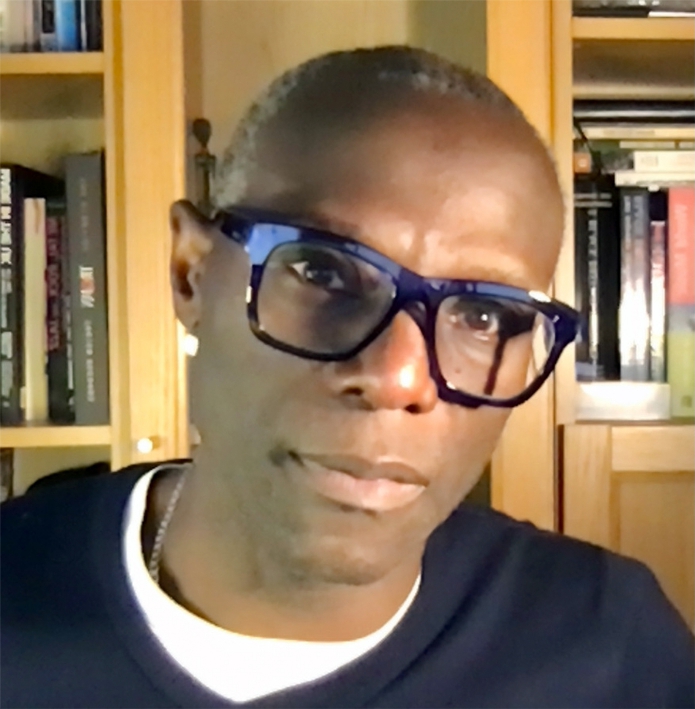
ASSOCIATE PROFFESSOR Associate Professor CONSULTANT/ CURATOR/ RESEARCHER /PRODUCER/SONGWRITER/ Fellow of Arts & Business & Royal Society for the Arts
Current: 2024: Mykaell is a Consultant and Curator whose The History of Black British music exhibition opened at the British Library/ National Sound Archive in April 2024. He is on the Academic Board for the Museum of London, an Independent Governor at Leeds Arts and an External Examiner Trinity Laban. He sits on the Editorial Board / Cambridge Elements in popular Music and is a trustee for Tavaziva Dance
Mykaell’s career started as a founder member of the British roots Reggae band Steel Pulse who went onto receive a Grammy. As a writer/producer, Mykaell’s work has encompassed TV, Film and Theatre, resulting in over eleven UK top twenty positions, and three UK number ones. This includes work on Soul 2 Soul and Mark Morrison. He also formed Britain’s first black pop string section, the Reggae Philharmonic Orchestra, and composed extensively for television including the BBC, SKY, Endemol And Netflix. In 2024 the music director for the BBC TV series Boarders.
Mykaell is Director of the Black Music Research Unit (BMRU) which he established at the University of Westminster in 2012. On the back of several smaller grants, in 2016 he landed his first major award from the Arts and Humanities Research Council (AHRC). Titled bass Culture it focused on the history and impact of black music in London. The first output in 2017 was the Grime Report which in partnership with Ticketmaster and Live Nation, resulted in a change in London Metropolitan policing. In 2018 he staged the Bass Culture Exhibition, the UK’s largest exhibit on the impact of Jamaican music, and in 2019 he released the ‘Bass Culture’ documentary film. An intergenerational explanation of Soundsystem culture and it’s connection to UK Grime music. The overall project was shortlisted for The Times Award 2021. The BMRU contributed an Impact Case Study to the REF2021, one of three that led to CREAM (Centre for Research and Education in Arts and Media), and the School of Arts being ranked 1st for Impact in the UK by THES.
The symposium provided showcased creative research undertaken by Forum members over the first six months of 2024 with support from Arts Council England.
Human Robot
Human/Robot is a practice based, action research project striking at the heart of the current AI debate exploring how different individuals perceive and commercially use AI technologies to create music. It is a collaboration between the University of the Creative Arts, Ravensbourne University and Girls Twiddling Knobs.
Human/Robot adopts a qualitative approach, employing a series of composition tasks enhanced by AI technologies to engage participants in collaborative creative processes. Participants include students from diverse backgrounds, providing a multifaceted perspective on the intersection of human creativity and AI. The composition tasks will be designed to stimulate reflection on the role of AI in the creative process and its implications for individual and collective creative identities. Data collection methods will include participant observation, interviews, and reflective journals, allowing for in-depth exploration of participants’ experiences and perceptions.
Through the music making process, Human/Robot will explore three questions:
- How does working with AI influence our creative process
- How do we feel about making music with AI?
- What questions does A.I raise in regards to diversity and inclusivity in music production?
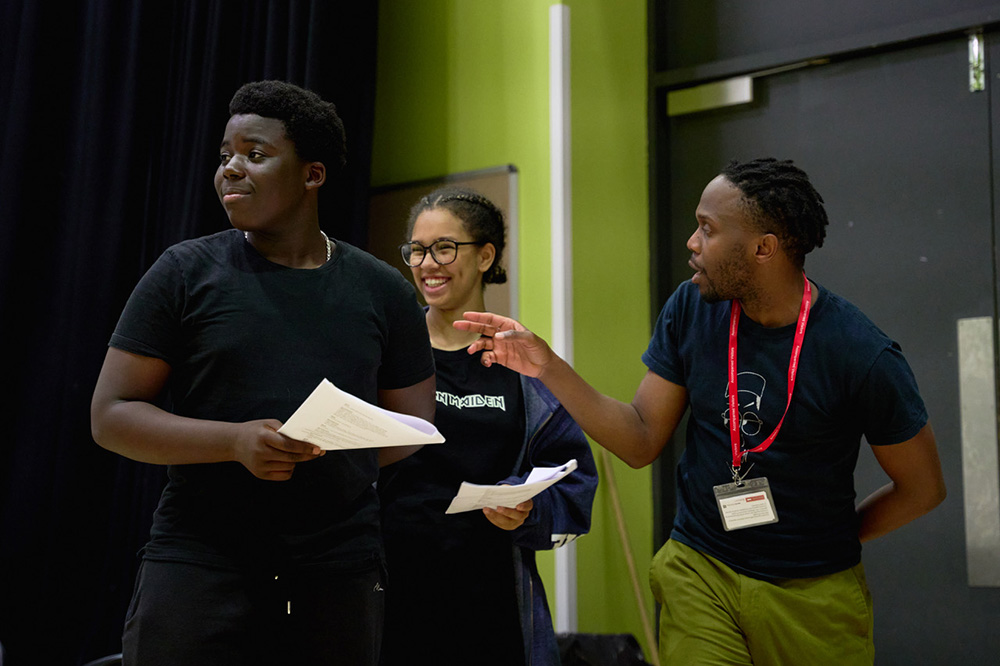
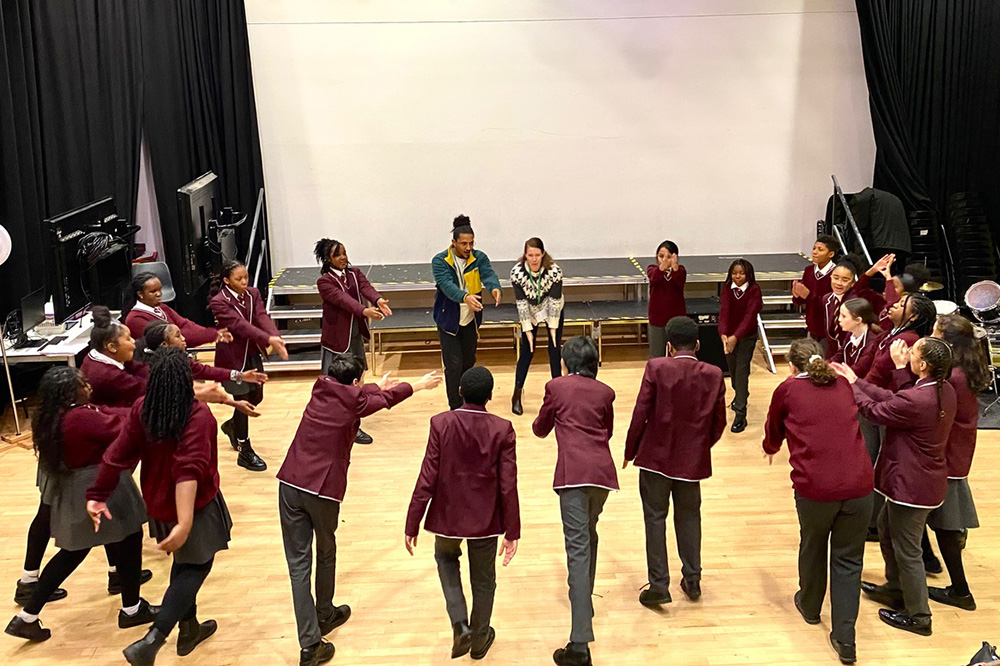
Performing International Plays
Performing International Plays (PIP) is an impact project based on Dr Margherita Laera’s research into the translation of international plays and their untapped potential to teach young people the intercultural competencies needed to navigate globalised societies. PIP is a provider of school workshops, learning resources and teacher CPDs designed to encourage more educators to include contemporary plays originally written in languages other than English in the school curriculum, thus increasing the representation of minoritized identities in UK classrooms. PIP school enrichment workshops are delivered in collaboration with theatre company Foreign Affairs. PIP is funded by Arts Council England, AHRC and the University of Kent.
You cab see a video of one our of workshops below..
For SECIF, we ran a theatre translation workshop in collaboration with The Archbishop’s School in Canterbury and this will be presented at the Symposium.
We will work on the Ukrainian children’s play, Litter: Ball, Straw and Shoe by Kateryna Penkova, about the climate crisis and the importance of recycling. Our participants were a mixture of Ukrainian children and children from other backgrounds. On the first day, the students translated extracts of the play into English. On the second day the children presented the play as a staged reading to the school community.
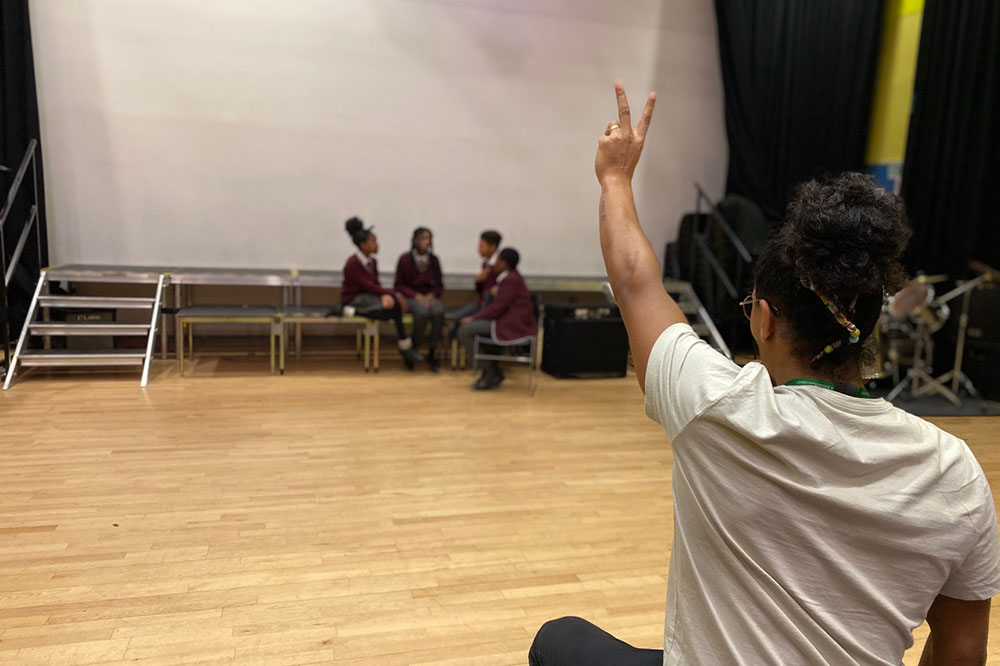
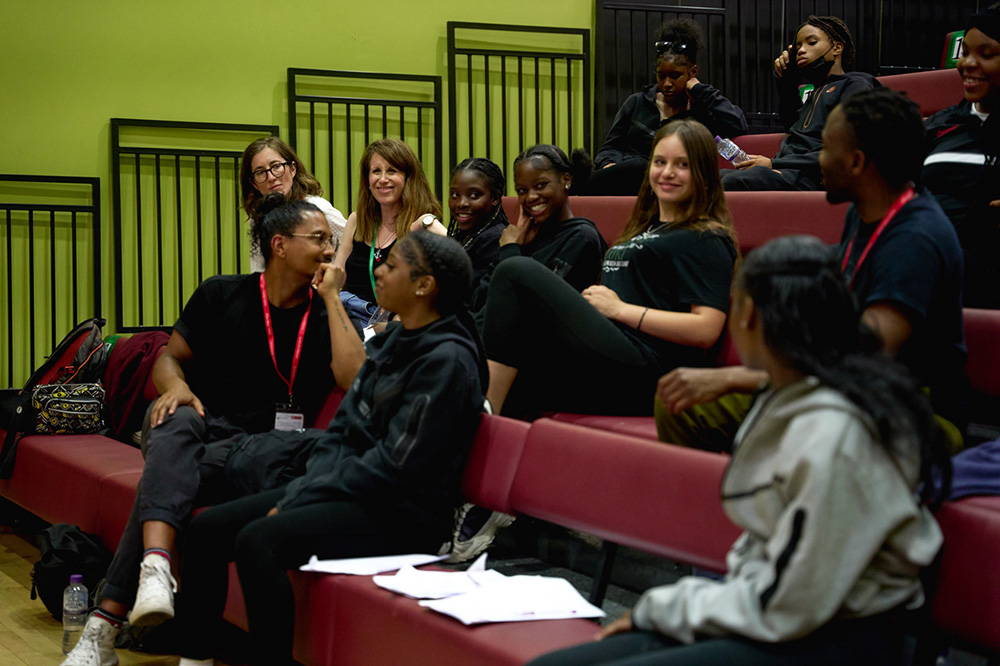
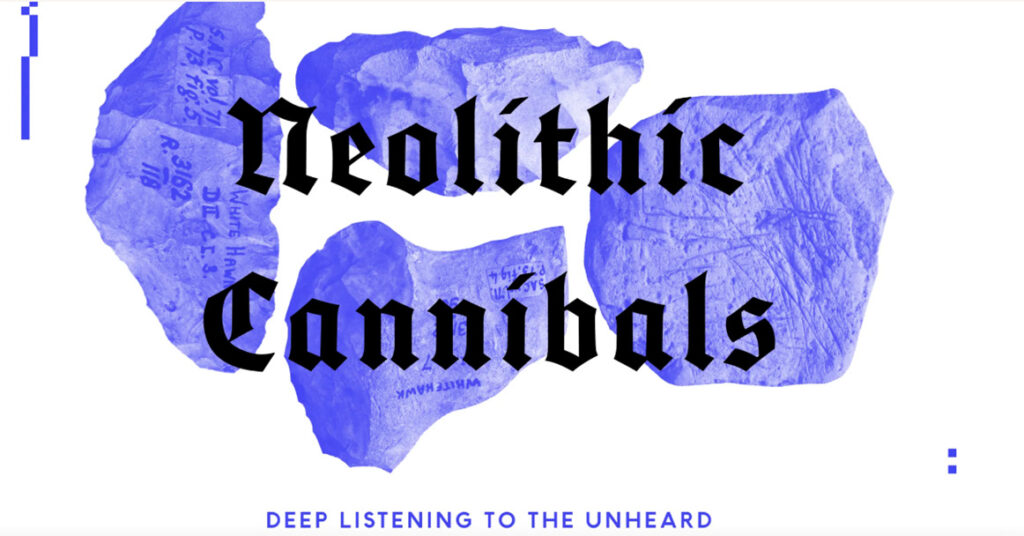
Neolithic Cannibals
Sussex’s youth voice: future leaders of arts, culture, creativity and heritage in Seaford and Whitehawk East Brighton
Engagement with cultural and natural heritage at a young age contributes to both social justice and cultural equity by providing transferable skills and educational opportunity, which can then create future job opportunities in the creative industries. It also enhances well-being by promoting a sense of identity, belonging, social cohesion and community engagement.
Our research brings together two ongoing UCL partnership in East Sussex, one in Seaford and one in Brighton. We are already working with stakeholders and young people aged 12-16 in these two communities, but this project would bring them together and generate new outputs, creative as well as academic. Our project will revolve around two activities. First, a visit to Neolithic Cannibals installation, followed by a workshop at the Lighthouse Gallery with youth groups from both Seaford and Brighton. Together with the artists involved in both projects will explore how socio- economic inequality shapes awareness and engagement with heritage. Second, partners will take attend in a collaborative workshop in May/June, allowing us to strengthen collaboration with key stakeholders, namely, local council, Class Divide, archaeologists and UCL researchers and the University of Brighton.
“The opportunity to hear from colleagues about their projects was both useful and thought provoking. Facilitating this kind of knowledge exchange is an excellent role for the forum” Delegate Feedback
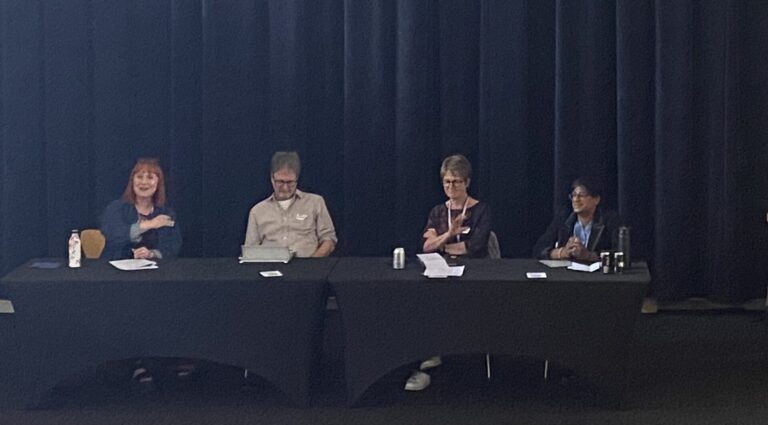
A panel discussion chaired by Professor Catherine Richardson (ICCI, University of Kent) explored the key themes of Symposium 24 and included contributions from Dr Mita Lad (Head of Race Ethnicity and Postcolonial Network MECCSA\University of Middlesex), Jon Linstrum (Arts Council England) and Lindsay Pugh (CEO, Revolution Arts).
“An open and free conversation with a real community feel” Delegate feedback
Lunchtime provided an opportunity to visit the Ropery at the Historic Dockyard, Chatham.
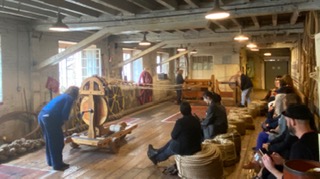
“We made rope, that was awesome” Delegate feedback
